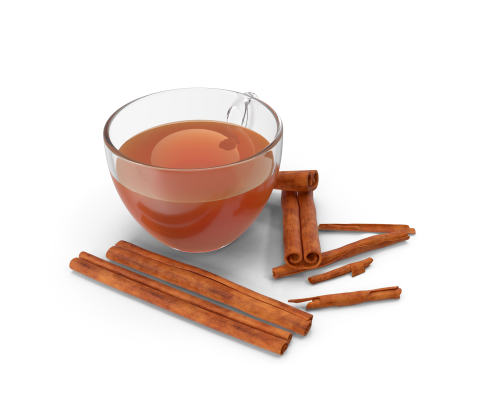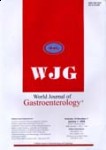

Diabetes Research Uses Chinese Herbs Effectively
 In a recent study published in the Feb. 2011 World Journal of Gastroenterology, a combination of Chinese herbs known Yi Qi Zeng Ming Tang, (YQZMT) has been found effective for insulin resistance in type 2 diabetic rats. The Chinese herbs in the formula were found to ameliorate insulin resistance and did not cause an increase in body weight. This may make a suitable adjunct therapy for the treatment of type 2 diabetes in humans.
In a recent study published in the Feb. 2011 World Journal of Gastroenterology, a combination of Chinese herbs known Yi Qi Zeng Ming Tang, (YQZMT) has been found effective for insulin resistance in type 2 diabetic rats. The Chinese herbs in the formula were found to ameliorate insulin resistance and did not cause an increase in body weight. This may make a suitable adjunct therapy for the treatment of type 2 diabetes in humans.
Traditional Chinese Medicine (TCM) has a long history in the treatment of type 2 diabetes. In comparison to Western medicine, the use of traditional Chinese medicine and botanicals has less side-effects and proven efficacy. According to the Cochrane Library, an international organization that evaluates medical research, when they examined 16 clinical trials of 15 different Chinese herbal medicines, they found that the herbs generally helped lower blood sugar levels in people with “pre-diabetes” that can progress to type 2 diabetes.
Yi Qi Zeng Min Tang (YQZMT) is a traditional Chinese herbal formula whose chief herb is Radix Astragali or Astragalus (Huang qi) and has been shown to alleviate glucose intolerance and insulin resistance.[1]
When Astragalus has been used in conjunction with other herbs, it proves more valuable for glucose homeostasis for diabetics and pre-diabeties.
The 10 Chinese herbs in the formula are: Radix Astragali, (Huang Qi) mung bean seed, Perillae (zi su ye) , Phellodendri (Huang Bai), Pollen Typhae (Pu Huang), Serissa foetida, Cinnamomi (gui zhi), Radix Aconiti Lateralis Preparata (fu pian, fu zi), Coptis (huang lian) , and Rhizoma Alismatis (ze xie).
The prevalence of type 2 diabetes is dramatically increasing throughout the world. The pathogenesis of the disease involves abnormalities in glucose and lipid metabolism, including inadequate insulin secretion from pancreatic β-cells and insulin resistance. The results from this study showed the diabetic rats had reduced serum glucose levels, lower body weight and lipid levels than the control group of rats who were not given the YQZMT formula. The results suggests this TCM herbal formula can produce marked improvement and is a viable treatment for diabetes mellitus and its complications.
1. Astragalus – The Ultimate Immune Booster
2. Herbal Sugar Options You Should Know
3. New Diabetes Drug From A Chinese Herb
See World Journal of Gastroenterology study here: http://www.wjgnet.com/1007-9327/full/v17/i8/987.htm

